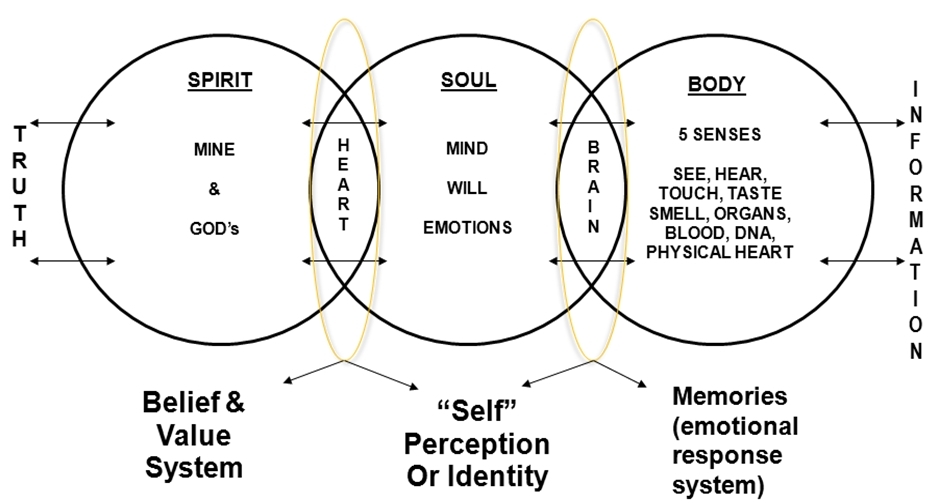Understanding organ systems & emotions – traditional Chinese medicine sees organs as functional systems.
In traditional chinese medicine, emotions and physical health are intimately connected. sadness, nervous tension and anger, worry, fear, and overwork are each associated with a particular organ in the body. for example, irritability and inappropriate anger can affect the liver and result in menstrual pain, headache, redness of the face and eyes, dizziness and dry mouth.

A diagnosis in traditional chinese medicine is highly individualized. once an organ system is identified, the unique symptoms of the patient determine the practitioner’s treatment approach.
Using the liver again as an example, breast distension, menstrual pain, and irritability during menses are treated with certain herbs and acupuncture points, and migraines headaches, dizziness, and inappropriate anger with redness of the face point to a different type of liver pattern and is treated in a different way.
What does the liver have to do with migraines? organ systems in the traditional asian sense may include the western medical-physiological function, but are also part of a holistic body system. the liver, for example, ensures that energy and blood flow smoothly throughout the body. It also regulates bile secretion, stores blood, and is connected with the tendons, nails, and eyes.
By understanding these connections, we can see how an eye disorder such as conjunctivitis might be due to an imbalance in the liver, or excess menstrual flow may be due to dysfunction in the liver’s blood-storing ability. besides emotions, other factors such as dietary, environmental, lifestyle, and hereditary factors also contribute to the development of imbalances.
the organs and their effect on brain chemistry
the spleen
emotions
worry, dwelling or focusing too much on a particular topic, excessive mental work.
spleen function
food digestion and nutrient absorption. Helps in the formation of blood and energy. keeps blood in the blood vessels. connected with muscles, mouth, and lips. Involved in thinking, studying, and memory.
symptoms of spleen Imbalance
tired, loss of appetite, mucus discharge, poor digestion, abdominal distension, loose stools or diarrhea. Weak muscles, pale lips. bruising, excess menstrual blood flow, and other bleeding disorders.
the lung
emotions
grief, sadness, detached.
lung function
respiration. forms energy from air, and helps to distribute it throughout the body. works with the kidney to regulate water metabolism. important in the immune system and resistance to viruses and bacteria. regulates sweat glands and body hair, and provides moisture to the skin.
symptoms of lung imbalance
shortness of breath and shallow breathing, sweating, fatigue, cough, frequent cold and flu, allergies, asthma, and other lung conditions. dry skin. depression and crying.
the liver
emotions
anger, resentment, frustration, irritability, bitterness, “flying off the handle”.
liver function
Involved in the smooth flow of energy and blood throughout the body. regulates bile secretion, stores blood, and is connected with the tendons, nails, and eyes.
symptoms of liver Imbalance
breast distension, menstrual pain, headache, irritability, inappropriate anger, dizziness, dry, red eyes and other eye conditions, tendonitis.
the heart
emotions
lack of enthusiasm and vitality, mental restlessness, depression, insomnia, despair.
heart function
regulates the heart and blood vessels. responsible for even and regular pulse. Influences vitality and spirit. connected with the tongue, complexion, and arteries.
symptoms of heart imbalance
insomnia, heart palpitations and irregular heart beat, excessive dreaming, poor long-term memory, psychological disorders.
the kidney
emotions
fearful, weak willpower, insecure, aloof, isolated.
kidney function
key organ for sustaining life. responsible for reproduction, growth and development, and maturation. involved with lungs in water metabolism and respiration. connected with bones, teeth, ears, and head hair.
symptoms of kidney imbalance
frequent urination, urinary incontinence, night sweats, dry mouth, poor short-term memory, low back pain, ringing in the ears, hearing loss, and other ear conditions. premature grey hair, hair loss, and osteoporosis.
See also TCM Theory & TCM Theory Continued
